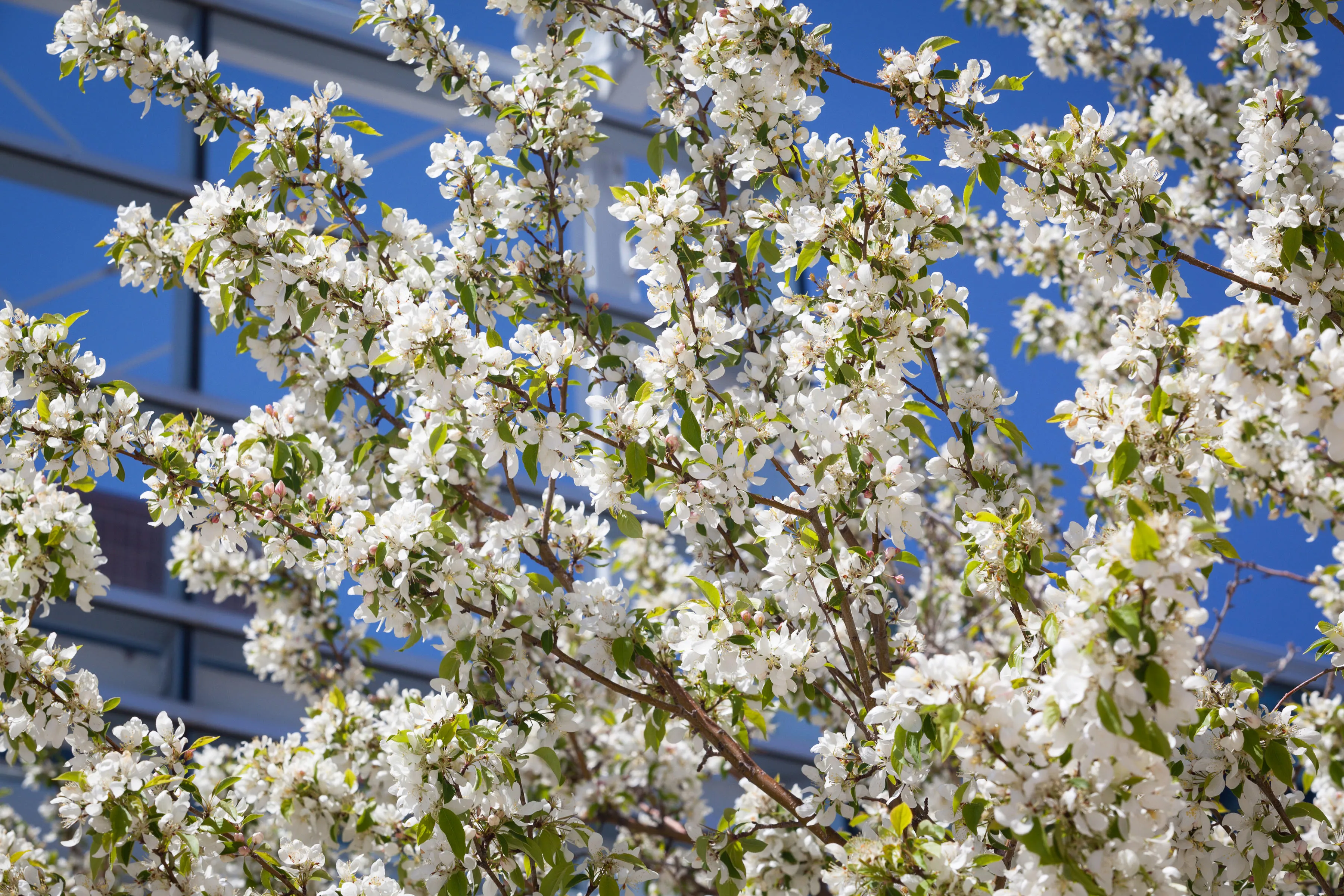
Sustainability, Wellness & Learning (SWELL)
Promoting Wellness Through Sustainable Food Practices
Sustainability, Wellness & Learning (SWELL) is a campus food initiative to promote wellness through hands-on learning and skill building in sustainability practices to regenerate human health, cultivate a mindful society, and protect planet Earth.
SWELL encompasses a trans-disciplinary approach to food and eating, linking health and sustainability together, thereby leveraging their co-benefits. Thus, SWELL leverages the emerging synergies when health promotion and sustainability (e.g., economic, environmental, social) become integrated. For example, purchasing locally grown food is good for health and a vibrant local food system, while it supports farmers and the land they cultivate.
SWELL was launched when UCCS transitioned to a self-operated food service structure. Several programs fall under SWELL, including Food Next Door, the Flying Carrot Food Literacy Program, and Grain School. SWELL initiatives currently under way include research and outreach on the pathways from Farm to Institution and SWELL latest launch of the Foodshed Forum.
SWELL Photos
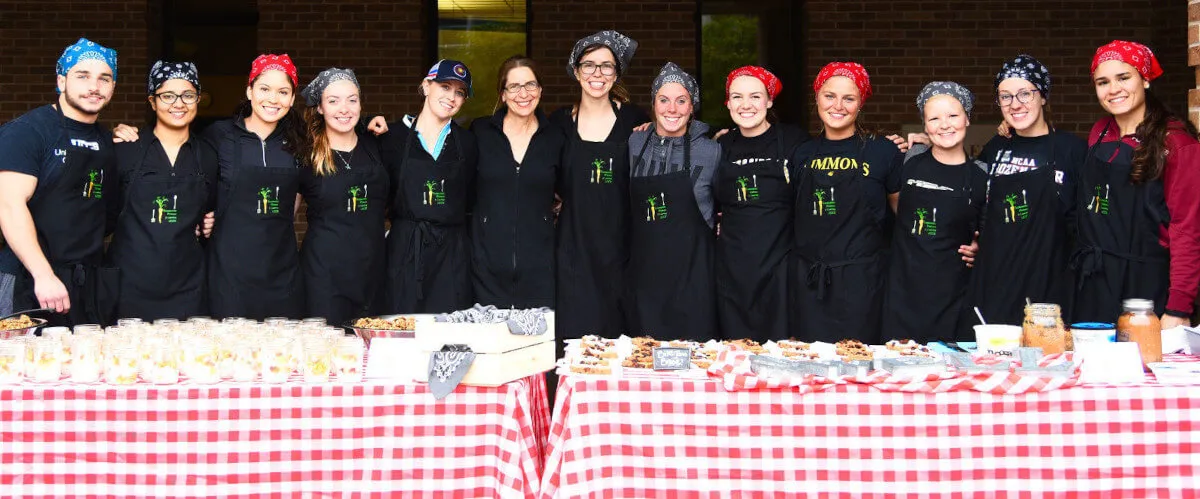
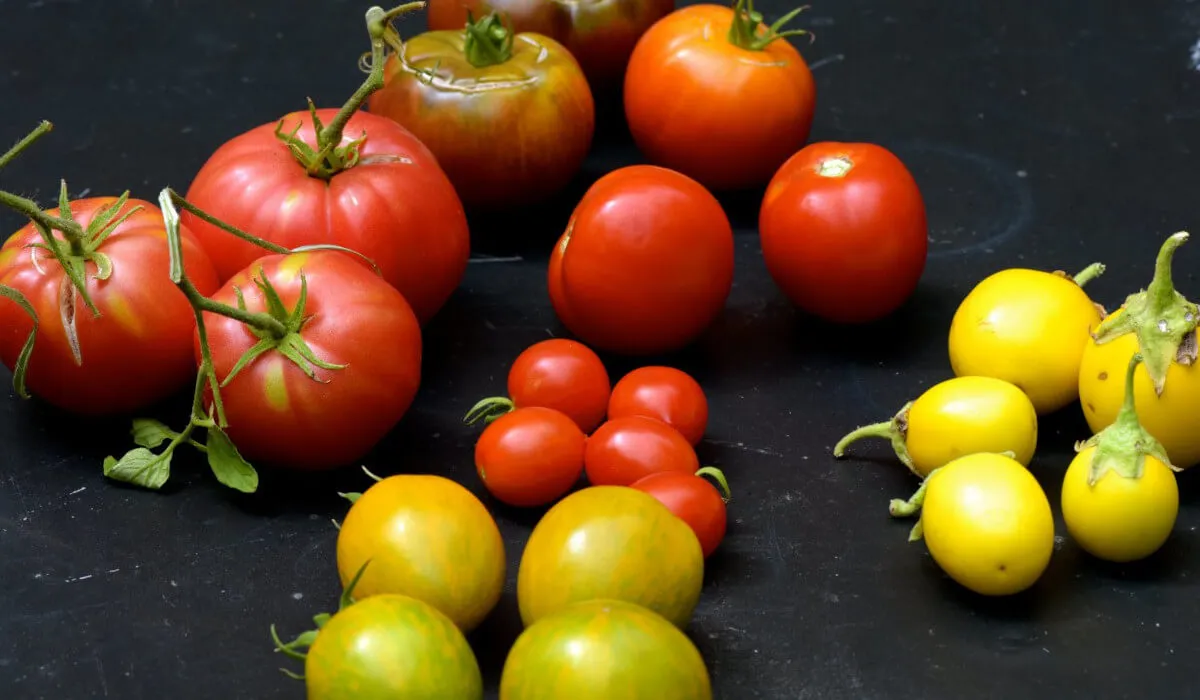
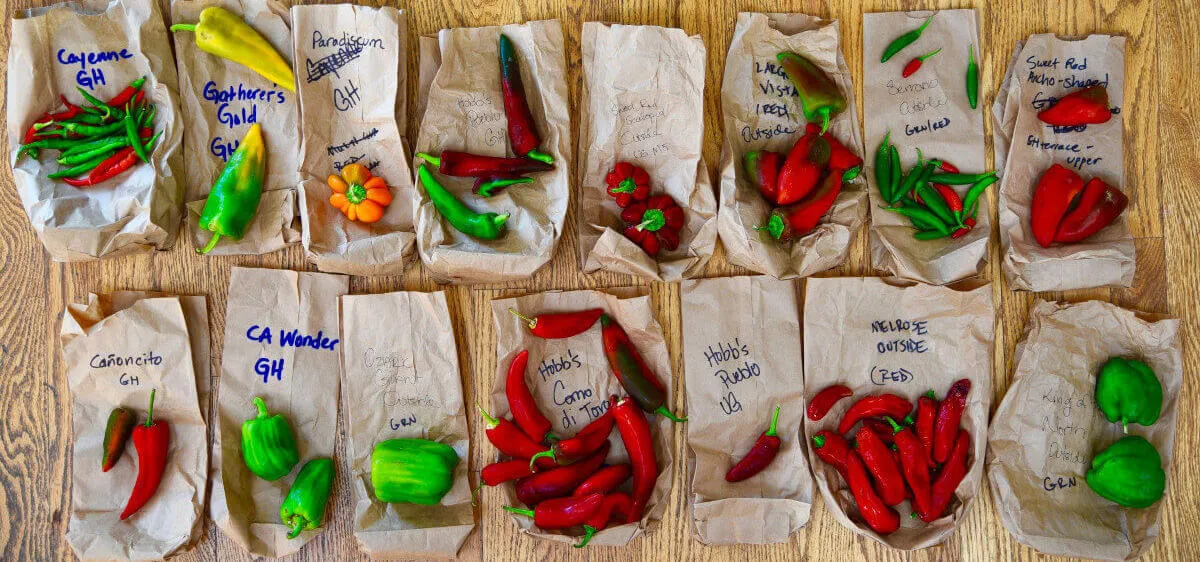
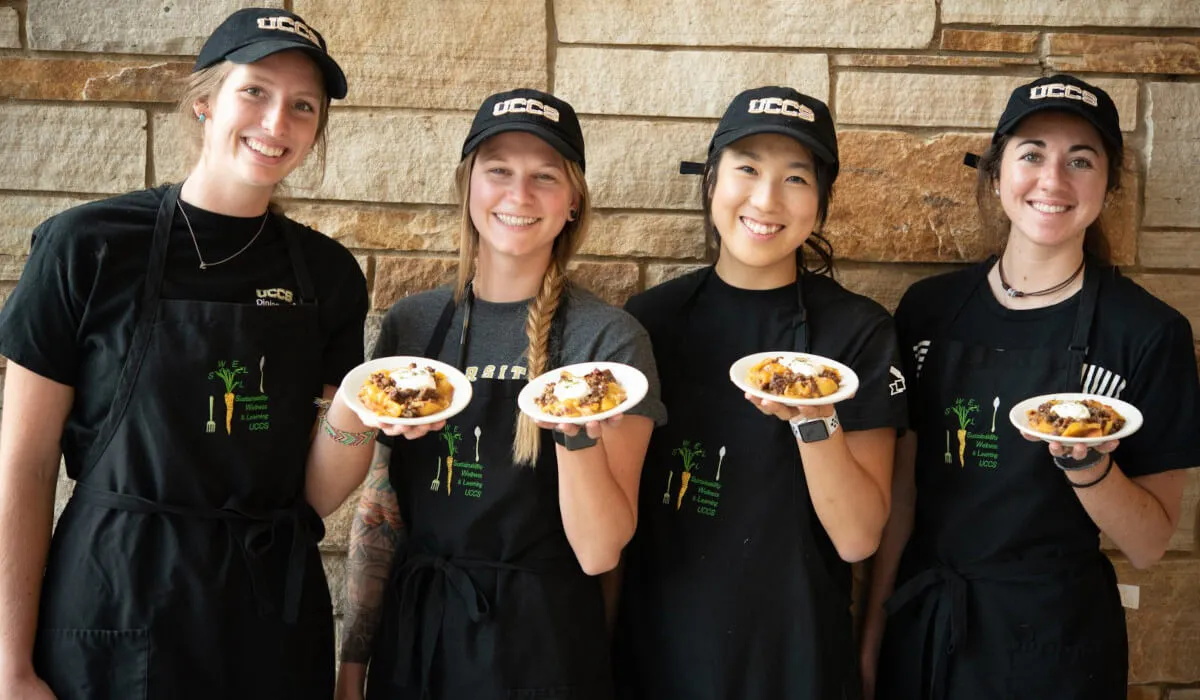
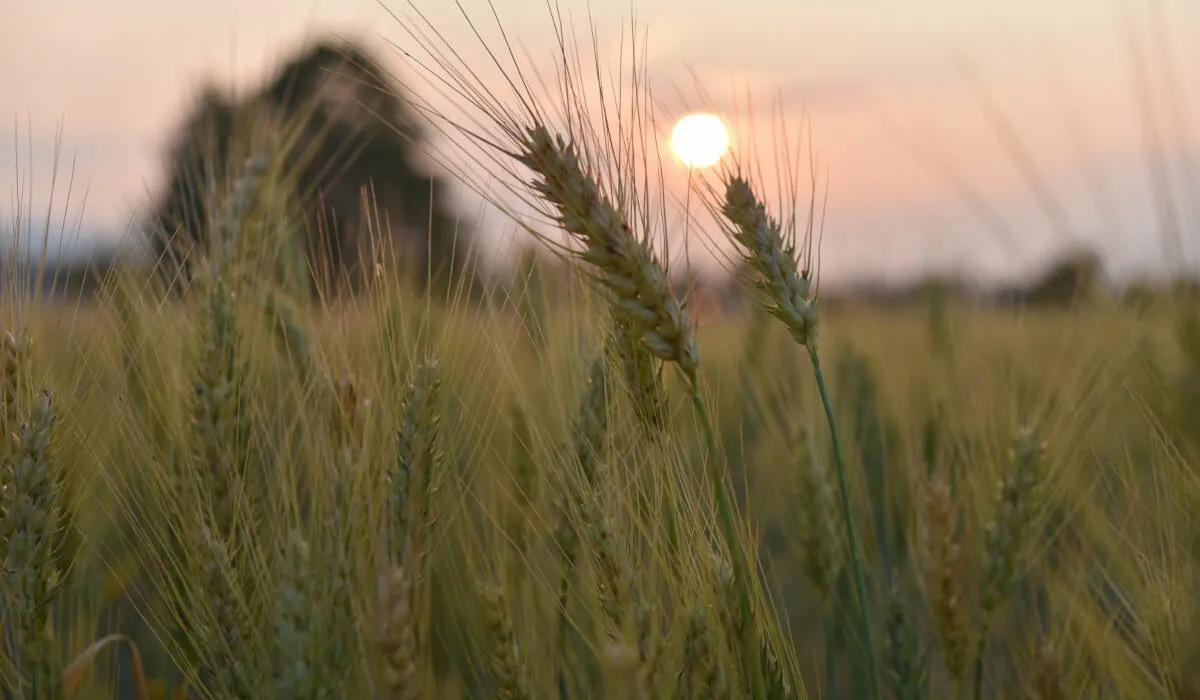
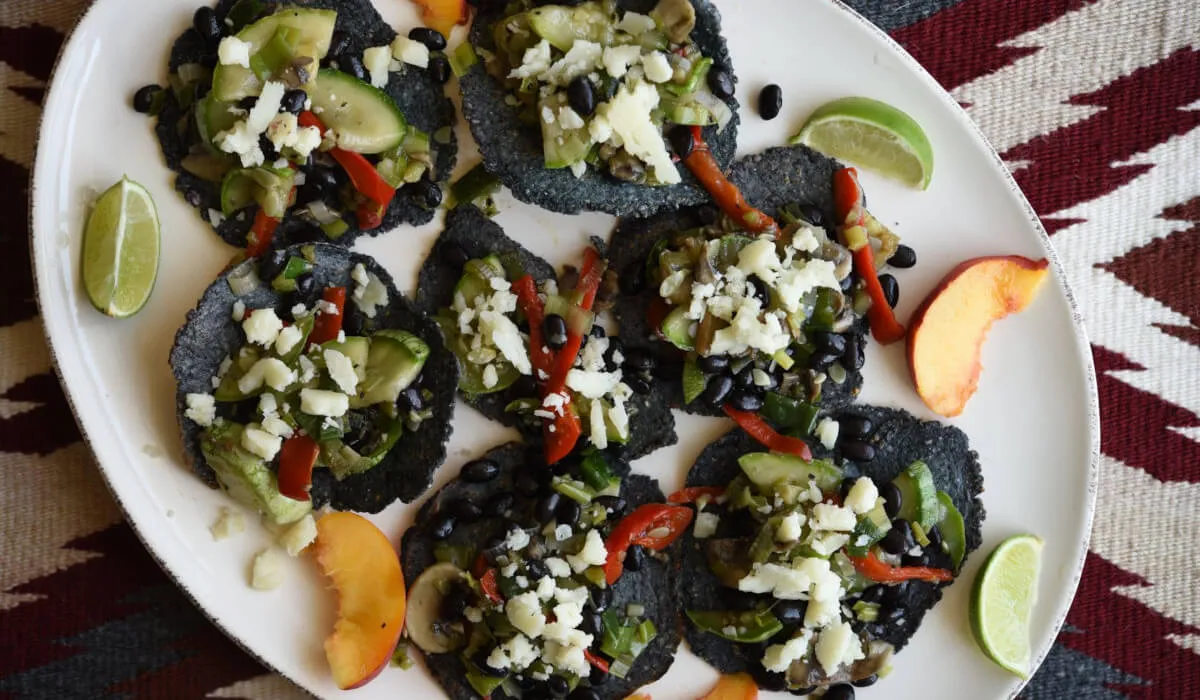
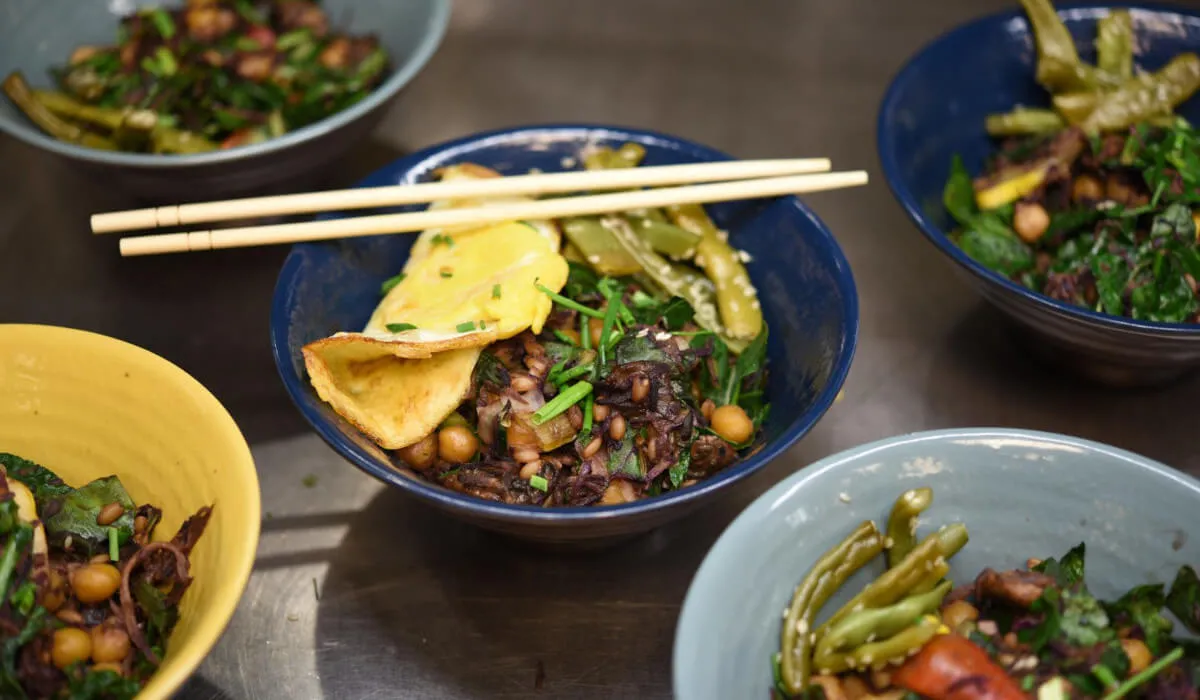
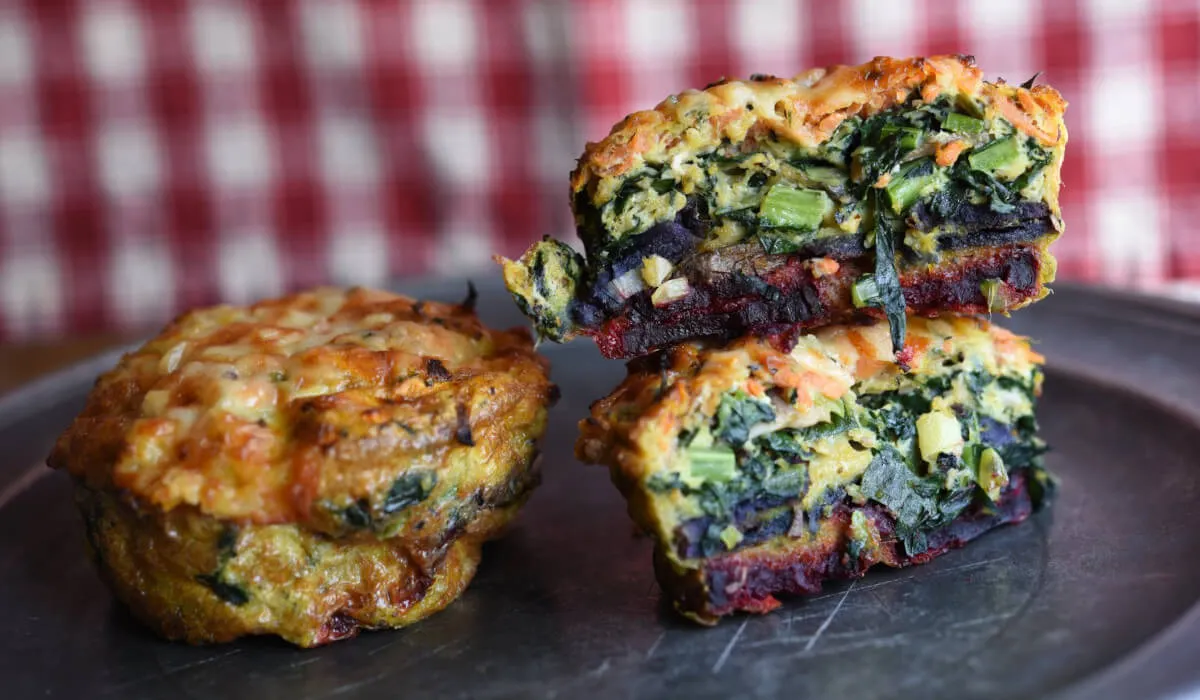
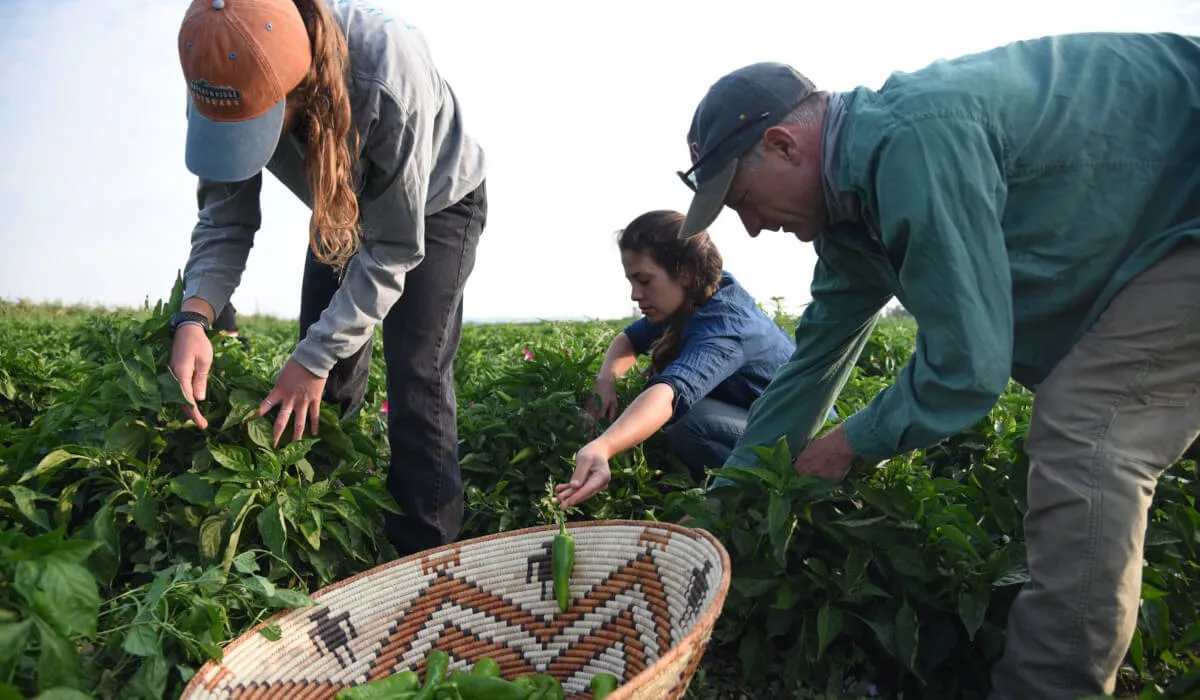
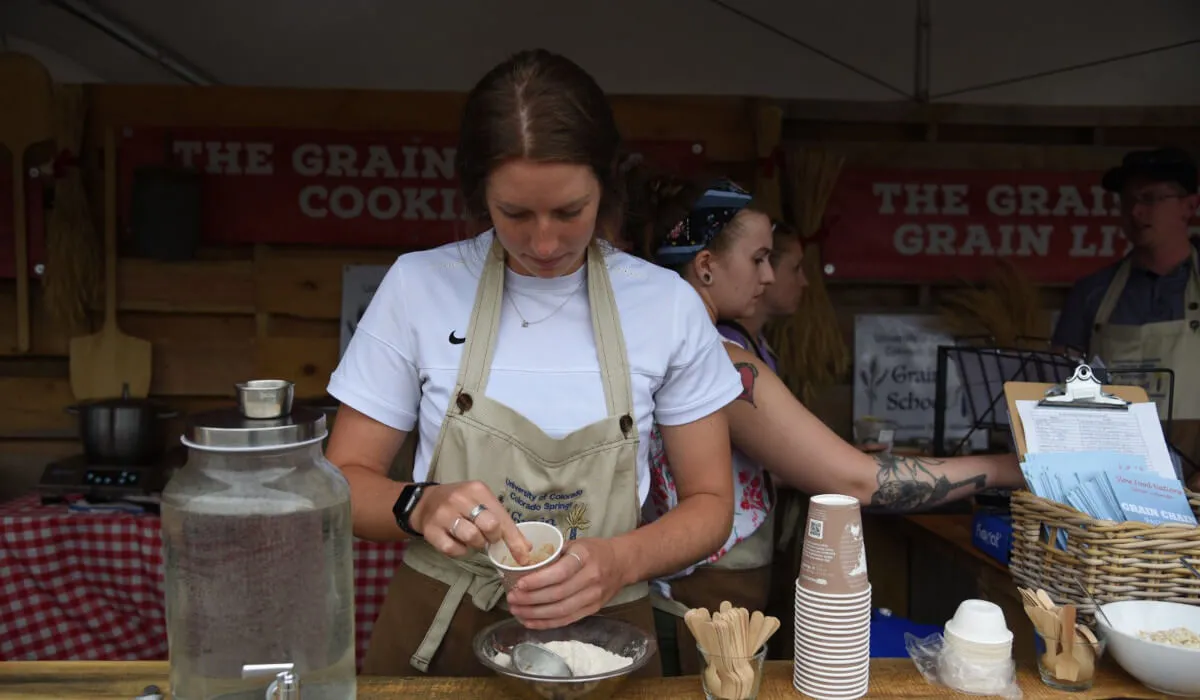
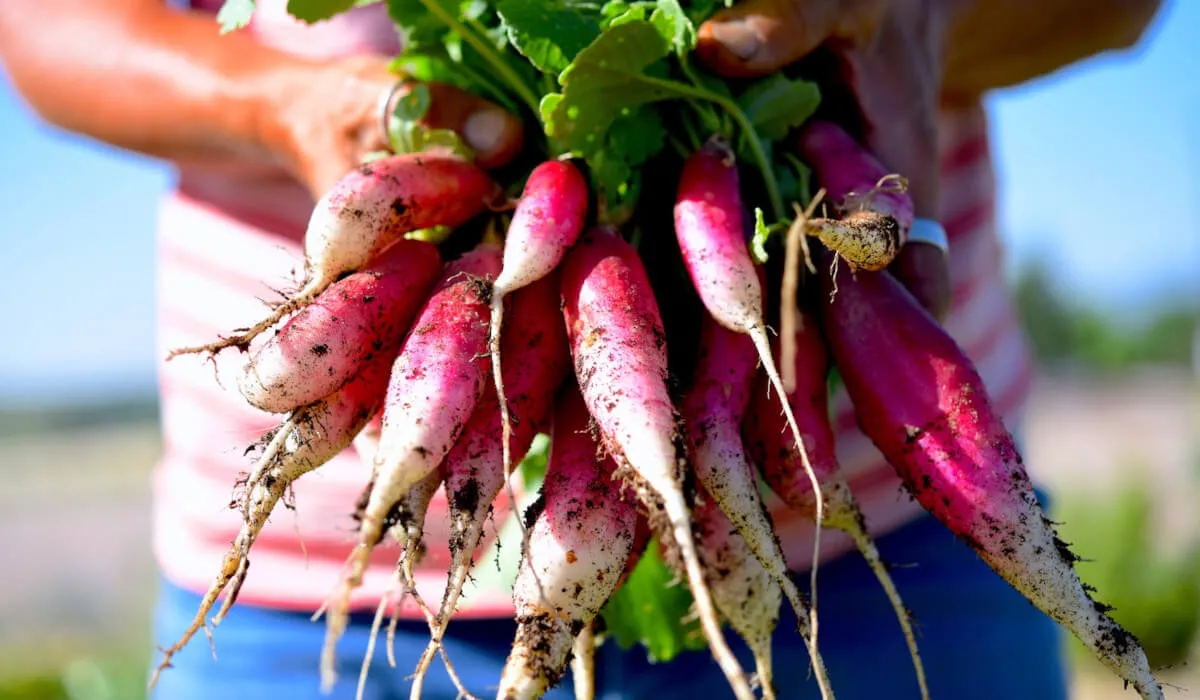
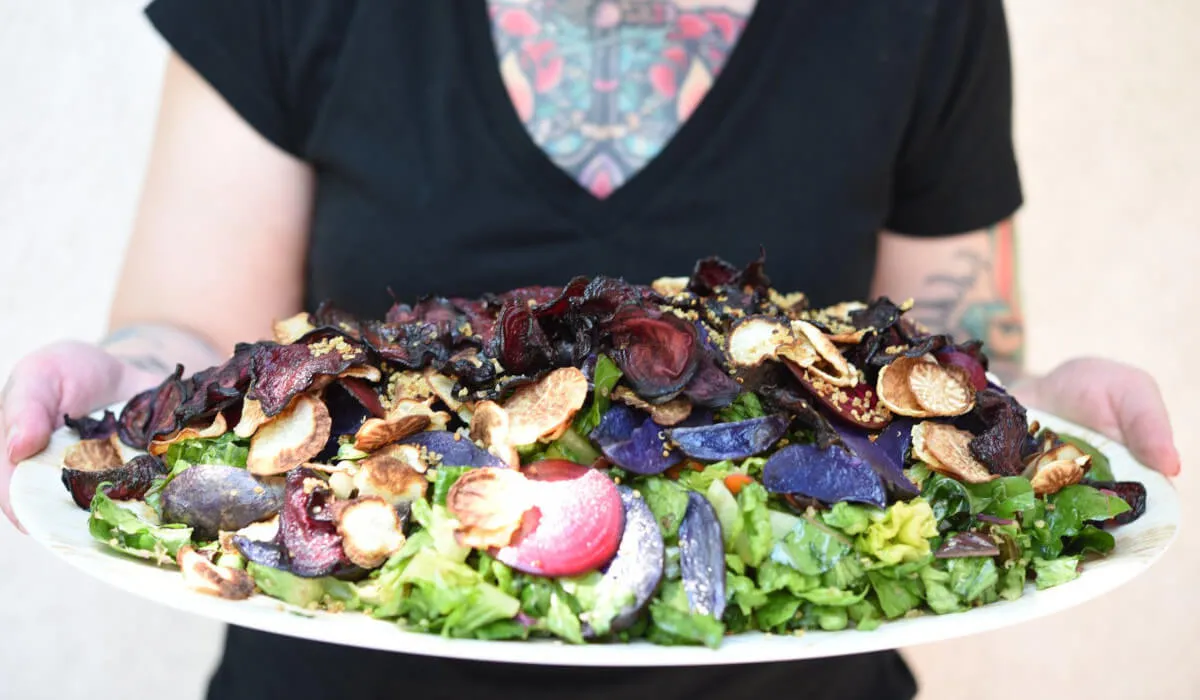
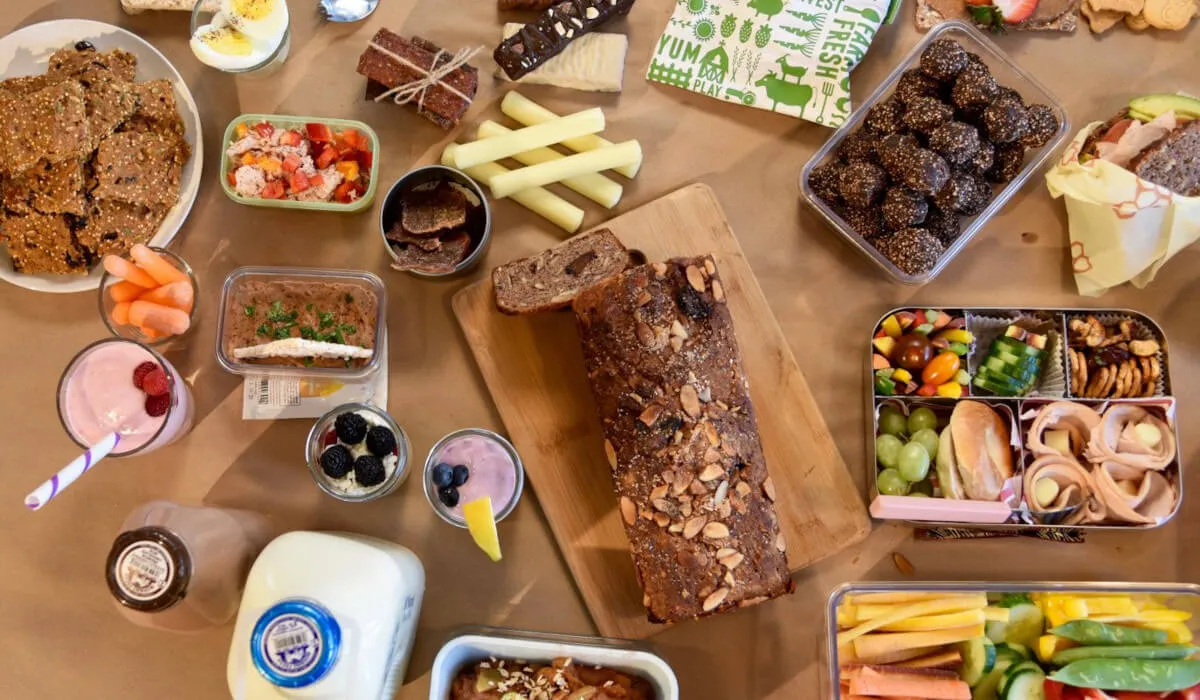
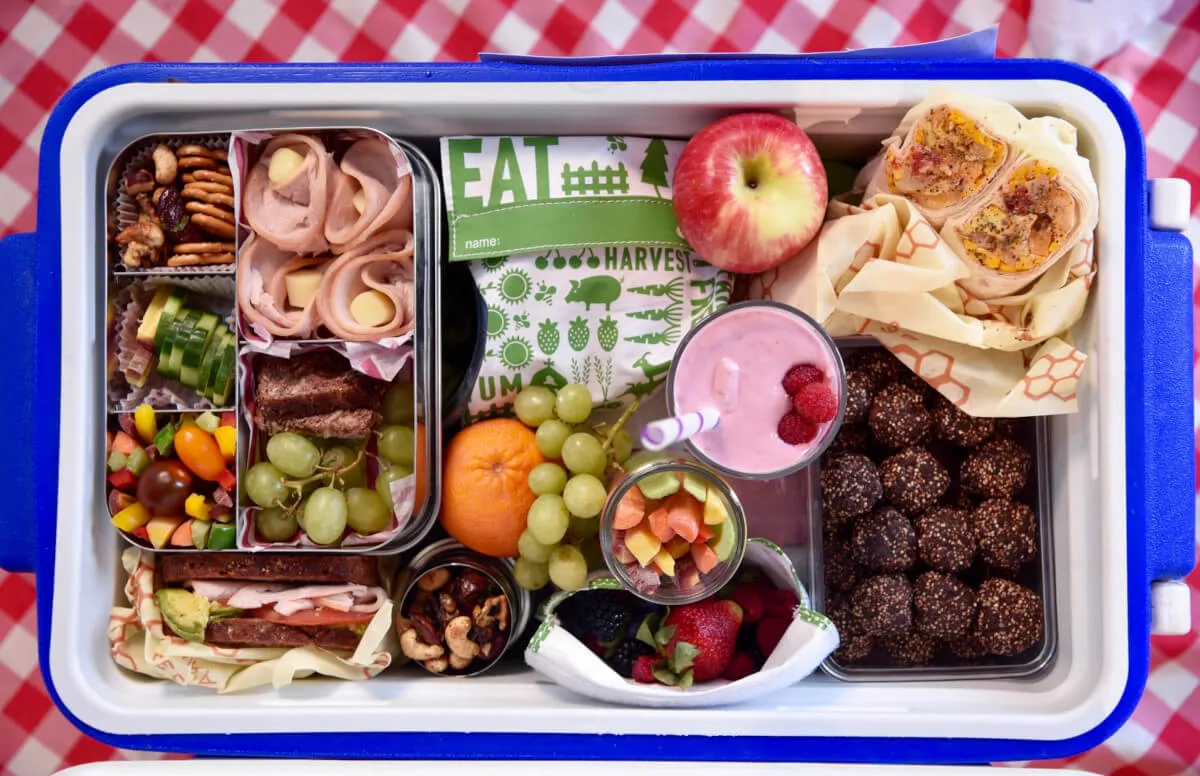
Watch our Story how UCCS transitioned to a Self-Operated Food Service!
Where Our Food Comes From
UCCS is committed to playing a vital role in the economic development of the Southern Colorado region. We procure locally grown and ethically raised produce, milk, cheese, meat, and eggs from small to medium size farms situated along the Arkansas and Rio Grande rivers. These two rivers make up the Pikes Peak region's most important foodshed. The San Luis Valley produces some of the best potatoes and is one of the few areas in the United States to grow quinoa. Pueblo and Rocky Ford are famous for a world-class onion, the Valencia onion Nr. 6, known to contain substances that may reduce the risk of breast cancer. Pueblo, Colorado is also the home of the Pueblo Chile Growers Association, which represents the region's own variety of hot, hot chile, the famous Pueblo Chile! Melons, mulberries, tomatoes, tomatillos, cucumbers, beets, carrots, eggplant, squash, pumpkins, garlic, leafy dark greens, and herbs, along with cold weather crops such as cabbage, kale, asparagus, and radishes make up for a bountiful Colorado harvest from this bioregion. In addition, dry beans and organic grains and flour are also common crops available from both the San Luis and Arkansas Valleys. There are also numerous ranches raising grass-finished cattle, lamb, bison, and heritage pork. Both the Arkansas and San Luis Valley have food hubs -- cooperatives of farmers working together to bring fresh, local food to people, restaurants, grocery stores, and institutions. We work closely with Valley Roots Food Hub and Taproot Cooperative, representing this bioregion.
Further, our sourcing also includes Northern Colorado, the Western slope, and Southwestern Colorado, especially considering Palisade's and Dove Creek's exceptional growing conditions for stone fruit and dry beans, respectively. We believe that it is vitally important to understand where our food comes from and to develop long-term relationships with farmers and producers in and around our region. With our own farm on campus and farmers "Next Door" belonging to our closest watershed of the Arkansas river, we have taken a three-prong approach to defining local:
1. Food Next Door: food grown on campus and within the upper and lower Arkansas river watershed
2. Colorado: food grown in Colorado
3. Regional: food grown in bordering states such as New Mexico, Kansas, Utah, Wyoming, and Arizona
The UCCS campus is actively involved in addressing global issues surrounding our shared food supply. Our goal is to become a role model for the integration of healthy, sustainable, organic, and local food in retail and residential dining with an underlying theme that connects food to people and people to nature. In this way, we will nourish our campus community with this food and propose food as key link in cultivating relationships along the journey from field to plate.